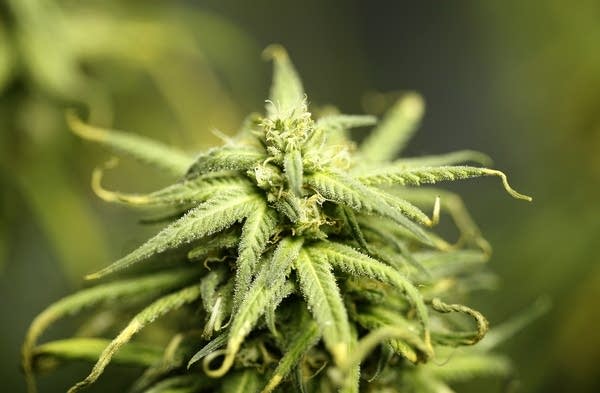Drug counselors worry as medical marijuana movement grows

Marijuana plants grow at not-for-profit medical marijuana dispensary in Los Angeles.
David McNew/Getty Images, File
Go Deeper.
Create an account or log in to save stories.
Like this?
Thanks for liking this story! We have added it to a list of your favorite stories.


